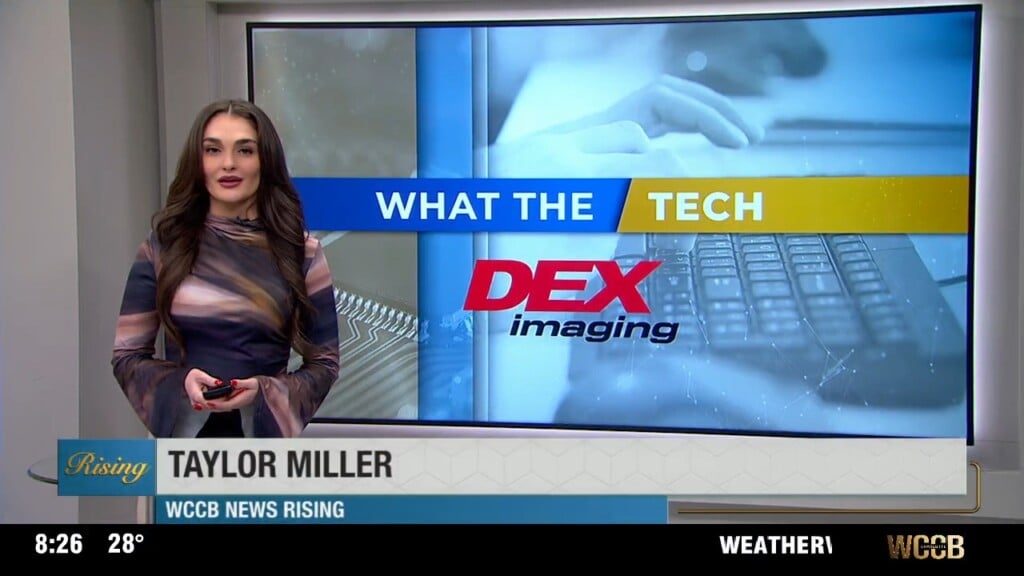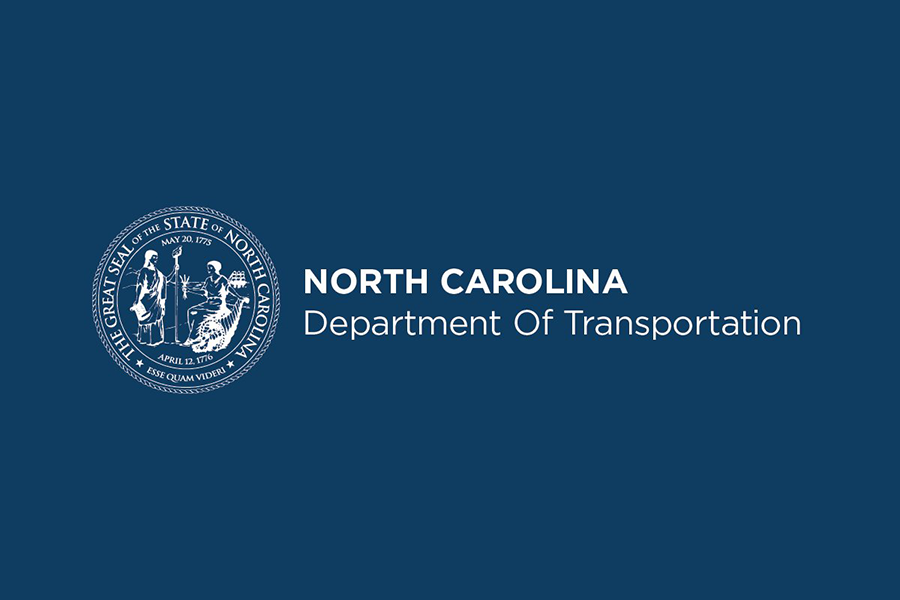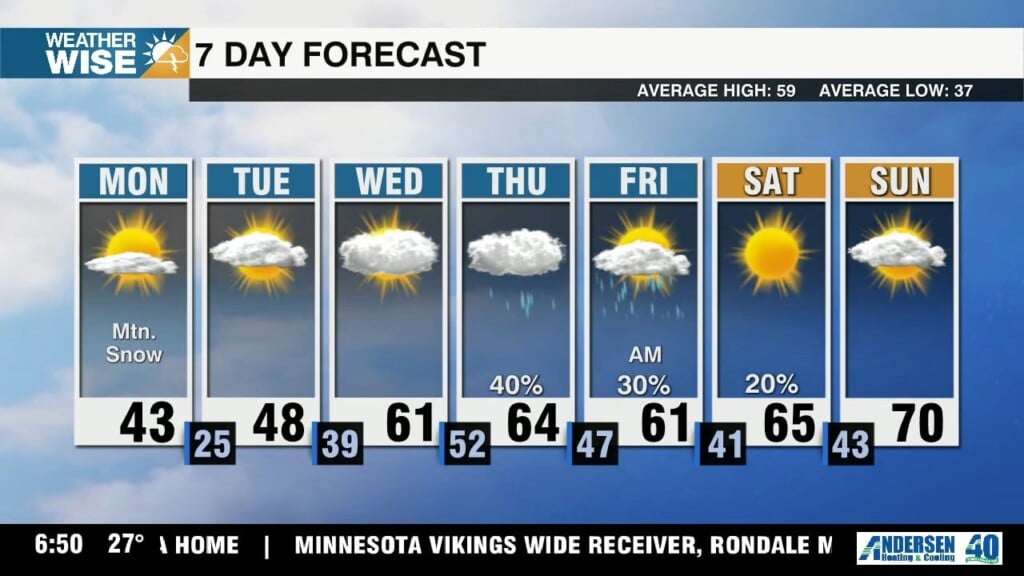
Shipping containers wait to be processed at London Gateway port, in Stanford-le-Hope, on the Thames estuary east of London, England, Wednesday, Feb. 5, 2025. (AP Photo, File)
WASHINGTON – President Donald Trump has agreed to cut tariffs on U.K. autos, steel and aluminum in a planned trade deal with Britain, which would buy more American beef and streamline its customs process for goods from the United States.
The symbolically resonant agreement still has yet to be finalized, but it suggested that Trump was still able to negotiate with other countries after his vast set of tariffs stoked fears around the world of an economic downturn and higher inflation.
The announcement provided a political victory for U.K. Prime Minister Keir Starmer and offered a degree of validation for Trump’s claims that his turbulent approach on trade may be able to rebalance the global economy on his preferred terms.
The U.S. president talked up the agreement to reporters from the Oval Office, even as the fine print remains in flux.
“The final details are being written up,” Trump told reporters. “In the coming weeks, we’ll have it all very conclusive.”
The president said that the agreement would lead to more beef and ethanol exports to the U.K., which would also streamline the processing of U.S. goods though customs. Commerce Secretary Howard Lutnick said the baseline 10% tariffs would stay in place, while U.K. officials said that Trump’s auto tariffs would go from 27.5% to 10% on a quota of 100,000 vehicles and the import taxes on steel and aluminum would go from 25% to zero.
Starmer, speaking over the phone to Trump, stressed the importance of the relationship between the two countries as the anniversary of the World War II victory in Europe was being commemorated.
“To be able to announce this great deal on the same deal 80 years forward, almost at the same hour and as we were 80 years ago with the U.K. and the U.S. standing side by side, I think is incredibly important,” Starmer said.
The planned deal was the first outlined since Trump began his stutter-step efforts to rewire the global economy by dramatically increasing import taxes in an attempt to increase domestic manufacturing. The Republican president quickly rolled out tariffs after returning to the White House, targeting traditional allies such as the U.K. with import taxes on steel, aluminum and autos. Trump announced near universal tariffs on April 2, then partially retreated a week later and announced that his administration would seek individual agreements with various countries over the next few months.
The U.S. already runs a trade surplus with the U.K., making it a bit easier to find common ground as Trump has staked his tariffs on specifically eliminating the annual trade deficits with multiple nations he says have taken advantage of the U.S.
No new deals have been reached with America’s largest trading partners, including Canada, Mexico and China. Trump has left the highest tariffs in place on China, sparking a confrontation between the world’s two biggest economies. Washington and Beijing are sending officials to Switzerland this weekend for an initial round of trade talks.





